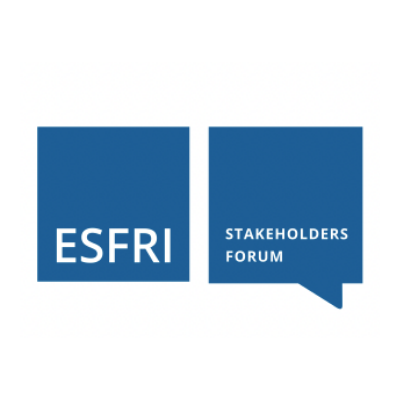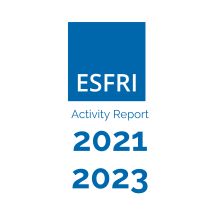High-Level Launch of the ESFRI Stakeholders Forum
The ESFRI White Paper, adopted in 2020, prepared the ground for a broader engagement with stakeholders by envisaging the establishment of a platform for regular discussion among the different European research infrastructures’ stakeholders. The ESFRI Stakeholders Forum (SF) will attract stakeholders and raise their awareness across the whole research and innovation ecosystem. The objective is to look beyond the traditional RI communities.
The High-Level Launch of the ESFRI Stakeholder Forum will take place on 24 March, 2022, as a fully digital, by-invitation only event to mark the formal establishment of the ESFRI Stakeholder Forum.
The High-level Launch of the ESFRI Stakeholders Forum was recorded in full. The video recording is available for viewing here.
Watch the recap video here
Download the Summary Outcomes (PDF).



